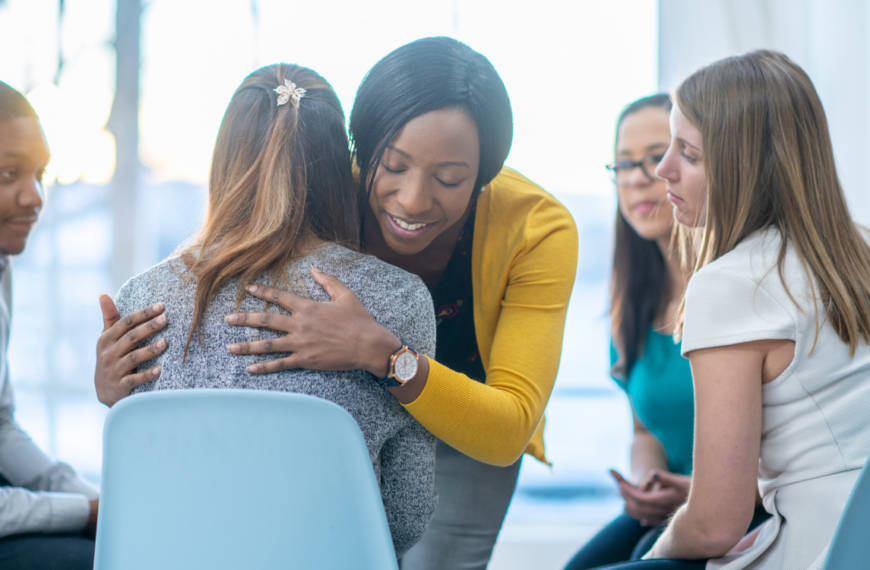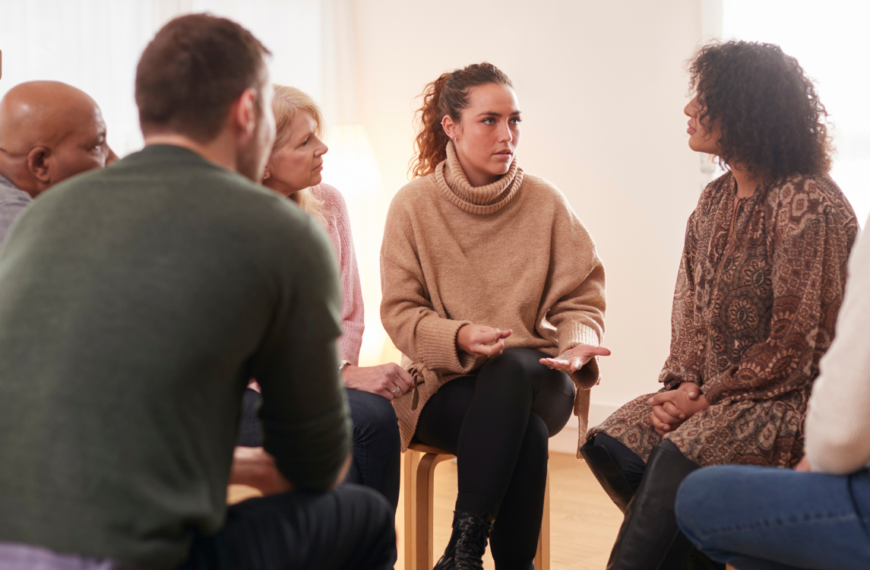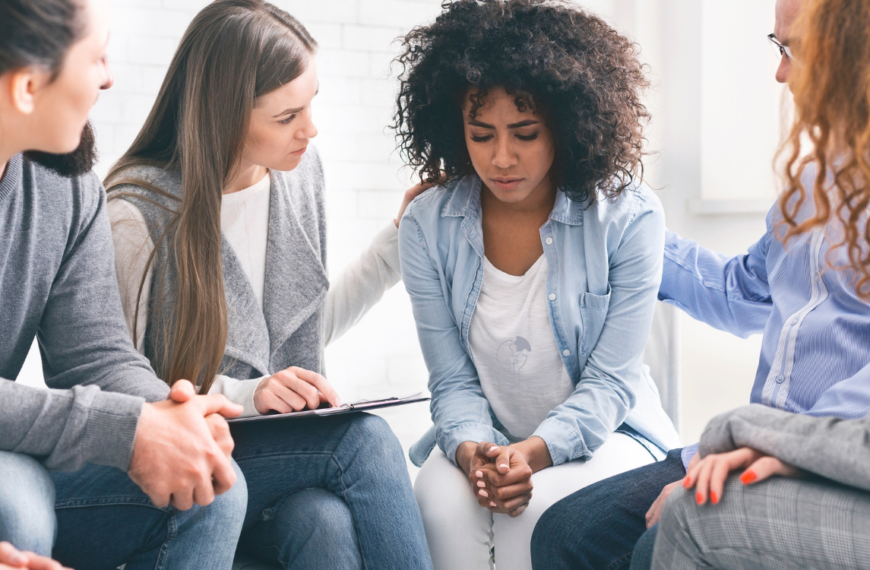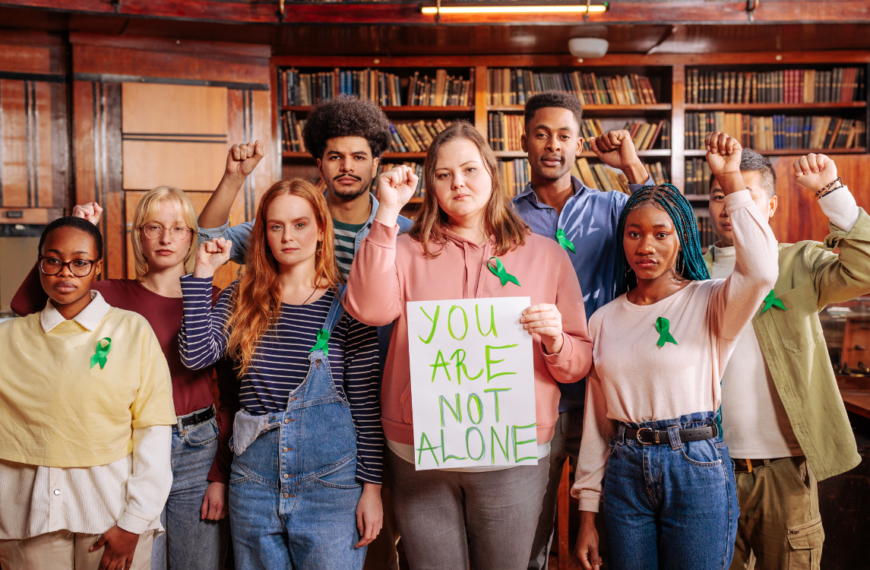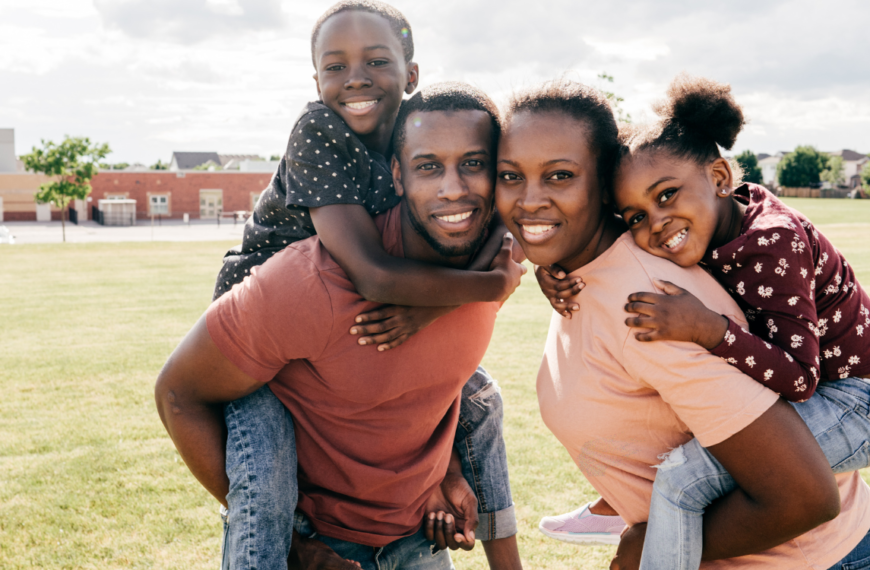The Psychiatric Rehabilitation Program (PRP) is an invaluable resource for individuals dealing with serious mental health challenges. By focusing on recovery and empowerment, PRP not only enhances the lives of participants but also positively impacts the broader community. Here are seven transformative ways PRP can change lives and foster a healthier community.
1. Empowering Independence
PRP focuses on helping individuals develop essential life skills, and promoting independence. Participants receive training in daily living skills, such as personal hygiene, meal preparation, and budgeting. This empowerment allows individuals to manage their lives more effectively, reducing reliance on family and caregivers and fostering a sense of accomplishment and self-worth.
2. Building Social Connections
Social isolation is a common struggle for those facing mental health issues. PRP facilitates group activities and social skill-building exercises that help participants connect with others. By encouraging engagement in community events and support groups, PRP fosters meaningful relationships, reducing feelings of loneliness and enhancing emotional well-being.
3. Enhancing Employment Opportunities
Many individuals in PRP aspire to re-enter the workforce or pursue educational goals. The program offers vocational training, job readiness workshops, and individualized support to help participants develop the skills necessary for employment. By enhancing job readiness, PRP not only supports financial independence but also contributes to overall self-esteem and life satisfaction.
4. Reducing Hospitalizations
One of the primary goals of PRP is to reduce the frequency of hospitalizations among individuals with chronic mental health conditions. Through consistent support, therapy, and medication management, PRP helps participants stabilize their conditions, minimizing the need for crisis intervention. This continuity of care not only benefits individuals but also alleviates pressure on local healthcare systems.
5. Fostering Emotional Resilience
PRP programs emphasize the development of emotional resilience. Participants learn coping strategies, stress management techniques, and how to navigate challenges effectively. By building resilience, individuals are better equipped to handle life’s ups and downs, leading to improved mental health outcomes and overall life satisfaction.
6. Encouraging Community Integration
A core component of PRP is promoting community involvement. Participants are encouraged to engage in local activities, volunteer opportunities, and social events. This integration helps individuals feel connected to their community, fostering a sense of belonging and purpose. When people feel valued and included, the entire community benefits from the diverse contributions of its members.
7. Providing Holistic Support
PRP takes a holistic approach to mental health care. It recognizes that recovery encompasses not just mental and emotional well-being but also physical and social health. Participants receive personalized care plans that may include therapy, medication management, wellness activities, and skills training. This comprehensive support ensures that individuals can thrive in all areas of their lives.
Conclusion
The Psychiatric Rehabilitation Program (PRP) is a powerful tool for transformation within our community. By empowering individuals, fostering connections, and providing essential resources, PRP creates a ripple effect that enhances the overall health and well-being of the community. As we continue to support and advocate for mental health resources, we can build a brighter future for everyone. Together, we can create a community where all individuals have the opportunity to thrive and achieve their full potential.her, we can break down barriers, build support networks, and foster a community of hope and healing.




